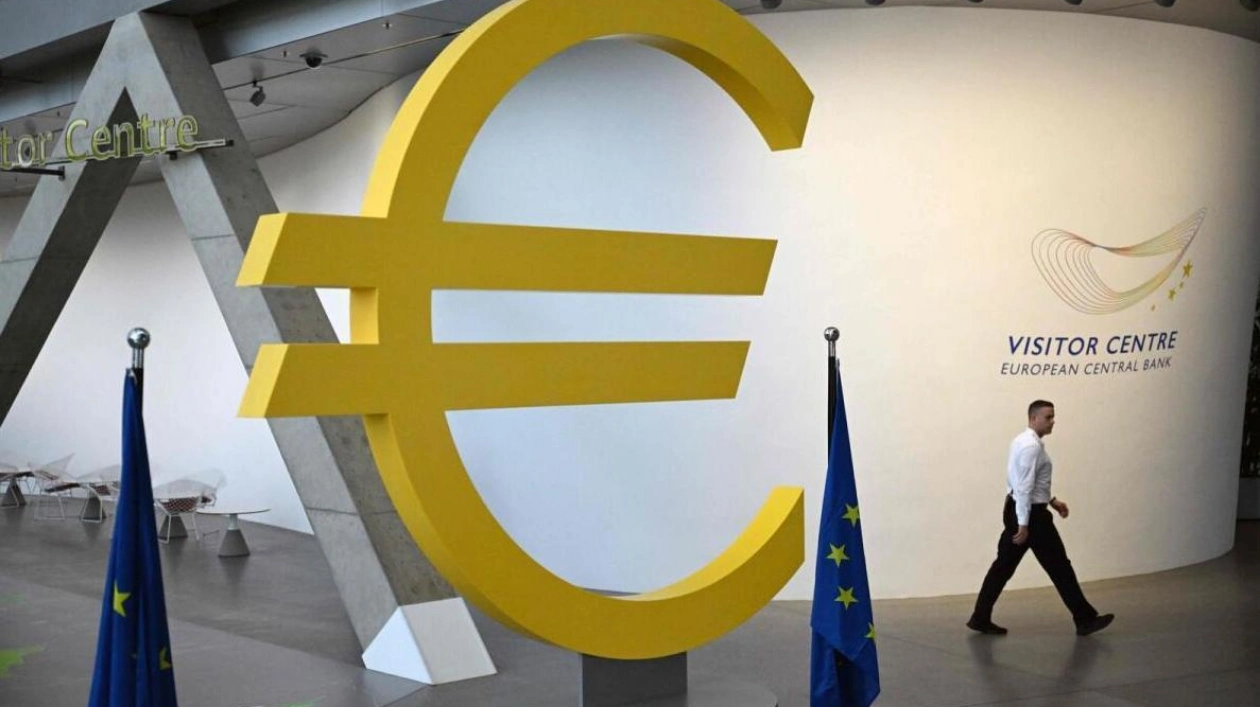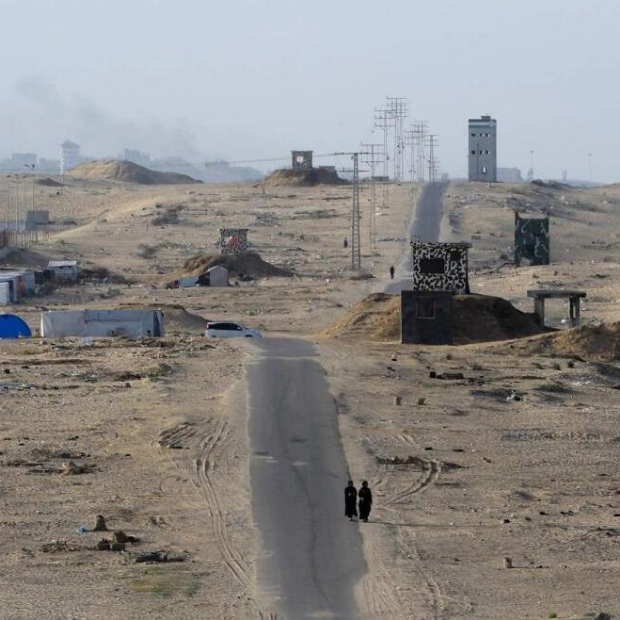Official data released on Wednesday revealed that the eurozone's annual inflation rate inched up unexpectedly in July, driven by escalating energy costs, casting doubt on whether the European Central Bank (ECB) will reduce interest rates in September. The EU's statistics agency reported that consumer prices in the single currency area climbed to 2.6 percent in July, up from 2.5 percent in June. Economists polled by FactSet had anticipated a decline to 2.4 percent for July. This data underscores the persistent inflation in the eurozone, which saw a 2.6 percent rate in February before briefly dropping to 2.4 percent and then rising again. Despite being above the ECB's 2 percent target, inflation has notably decreased from its peak of 10.6 percent in October 2022, following a surge in energy prices due to Russia's invasion of Ukraine. This led the ECB to aggressively hike interest rates to curb inflation, culminating in its first rate cut in five years last month. Although the ECB refrained from further rate cuts in July, there is increasing speculation that it may lower borrowing costs in September. Eurostat noted that inflation in July was fueled by energy prices, which surged to 1.3 percent, significantly higher than the previous month's 0.2 percent. Food and drink prices rose by 2.3 percent in the 20-country eurozone, albeit at a marginally slower pace than June's 2.4 percent. Core inflation, excluding volatile items like energy, food, alcohol, and tobacco, remained steady at 2.9 percent in July, contrary to FactSet experts' expectation of a decline to 2.8 percent. Economists caution that while a September rate cut is probable, the final decision will hinge on forthcoming data. "With underlying price pressures still elevated, the decision will be finely balanced and contingent on data to be released in the coming weeks, including August's inflation figures," commented Franziska Palmas, a senior Europe economist at Capital Economics. Daniela Sabin Hathorn, a senior market analyst at Capital.com, echoed similar sentiments, emphasizing the significance of August's inflation data. Inflation also increased in Europe's largest economies, Germany and France, rising to 2.6 percent in July from 2.5 percent in June. Across the eurozone, Finland recorded the lowest inflation rate at 0.6 percent, followed by Latvia at 0.8 percent, while Belgium registered the highest at 5.5 percent. These figures were released a day after data showed the eurozone's economic growth was 0.3 percent from April to June, slightly exceeding forecasts of 0.2 percent. However, concerns persist about the eurozone's sluggish economic performance, particularly in comparison to the robust growth rates of the United States and China.

Text: Lara Palmer
31.07.2024
Data raises uncertainty over ECB's potential interest rate cut in September





